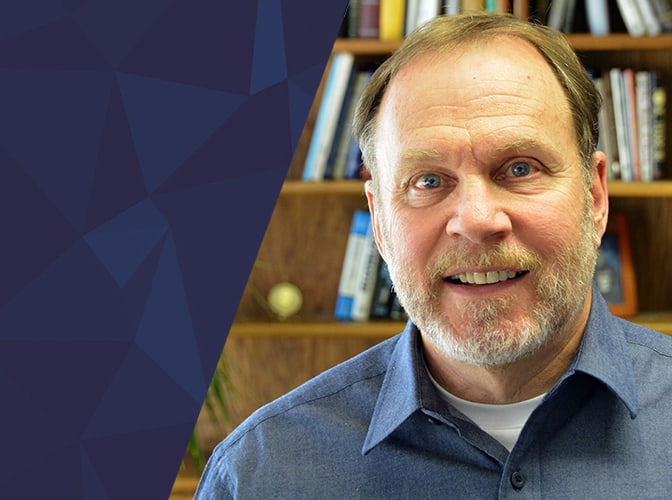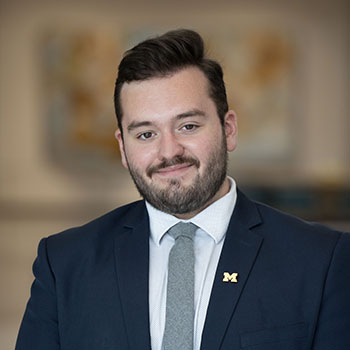
CEE alumnus elected to National Academy of Engineering: A Q&A with Paul Freedman
Freedman is recognized for his contributions to the development and application of science-based computer models for watershed assessment, remediation and management.

Freedman is recognized for his contributions to the development and application of science-based computer models for watershed assessment, remediation and management.
Chief Executive Officer of LimnoTech and CEE alumnus Paul Freedman has been elected to the National Academy of Engineering (NAE). He will be formally inducted during a ceremony at the NAE’s annual meeting in Washington, D.C., on October 4, 2020. Election to the National Academy of Engineering is among the highest professional distinctions accorded to a U.S. engineer. The NAE selected Freedman for his contributions to the development and application of science-based computer models for watershed assessment, remediation and management.
He is currently the co-founder and CEO of LimnoTech, a water consulting firm that has worked on upwards of 3500 projects in the US and around the globe. Since 1975, his career has encompassed the full history of progress under the Clean Water Act, constantly emphasizing quality, innovation, and service. He has particular technical expertise in the use of models to assess and solve surface water, watershed and groundwater challenges, as well as creating innovative policy and program approaches.
In this Q&A, Freedman reflects on his time at Michigan and the exciting challenges facing environmental engineers today.

You received your Bachelor of Science in Science Engineering from the University of Michigan in 1972, and your Master of Science in Civil Engineering, Water Resources in 1973. How has your time at University of Michigan aided in your professional experience?
My time at the University of Michigan as a student and researcher truly was the origin and inspiration for my career and company. It established the foundation for my scientific and technical outlook. Additionally, my collaboration with CEE faculty and access to students as great hires has been a key resource for LimnoTech, beginning with my partnership with Professor Ray Canale and Dr. John Crittenden, to our many ongoing faculty relationships today. All of my senior management team and most of my officers are U of M grads.
What motivated you to start LimnoTech?
My time at U-M was also the inspiration for the vision in forming LimnoTech: First, to do cool and innovative things (then primarily in computer simulation); second, to work with great people and organizations; third, to be player in helping shape the (then new) field of environmental/water resource engineering; and last, of course like any good boomer, to save the world…or at least our waters, to make a difference!
What advice would you give to our current CEE students based on the innovations you see emerging in your field?
There are so many exciting challenges in our field today, looking for new innovative solutions. The issues are diverse: the impacts of population growth and food production depleting and polluting our waters; the influence of climate change on droughts, floods, and coastal resilience; and the pollution issues from toxic algae to PFAS.
As a result, environmental engineers today are in a very exciting period comparable to the 60s and 70s when the field emerged. Specifically with respect to water, in the US and globally we are facing truly existential problems of scarcity, flooding and pollution. We, as environmental engineers, have the opportunity to solve these problems, improve the quality of life, support economic development and protect the environment. Working in this field offers technical challenges, huge opportunities, and the satisfaction of doing good important work.
These challenges require innovations in monitoring, assessment, simulation and management/remediation. The experience and capabilities of U-M CEE faculty and students are well suited to take these challenges on.
What other interesting areas might be of interest to CEE students?
Civil/environmental engineers at LimnoTech are working on so many fun, exciting and important undertakings. For example, global water stewardship and sustainability programs for major corporations, urban redesign to use water and hydrology to enhance urban quality and livability, and advanced sensors and AI systems to forecast, manage and solve water pollution problems, to name just a few. The field of water offers so many exciting important opportunities today for CEE grads to do cool things and make a difference.

Marketing Communications Specialist
Department of Civil and Environmental Engineering